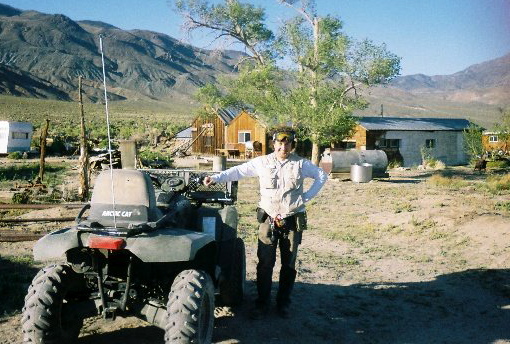From roads and bridges to power plants and gas pipelines, American infrastructure is vulnerable to the effects of climate change, according to a pair of government reports released Thursday.
The reports are technical documents supporting the National Climate Assessment, a major review compiled by 13 government agencies that the U.S. Global Change Research Program is expected to release in April. Scientists at the Department of Energy's Oak Ridge National Laboratory put together the reports, which warn that climate-fueled storms, flooding and droughts could cause "cascading system failures" unless there are changes made to minimize those effects. Island Press has published the full-length version of the reports, which focus on energy and infrastructure more broadly...
Previous extreme weather events, which scientists warn may be exacerbated by climate change, offer insight to the types of failures they're talking about. For example, during Hurricane Katrina, the loss of electricity in the region meant that several major oil pipelines could not ship oil and gas for several days, and some refineries could not operate. Gas prices rose around the country.
Other scenarios include a major storm wiping out communications lines, a blackout that cuts power to sewage treatment or wastewater systems, and a weather event that damages a bridge or major highway. In the latter case, the damage would not only cost money to repair, but could cause traffic backups or delays in the shipment of goods, which could in turn have wider economic implications. As the report describes it:A central theme of the report is that vulnerabilities and impacts are issues beyond physical infrastructures themselves. The concern is with the value of services provided by infrastructures, where the true consequences of impacts and disruptions involve not only the costs associated with the cleanup, repair, and/or replacement of affected infrastructures but also economic, social, and environmental effects as supply chains are disrupted, economic activities are suspended, and/or social well-being is threatened.
http://www.huffingtonpost.com/2014/03/0 ... l?ir=Green






